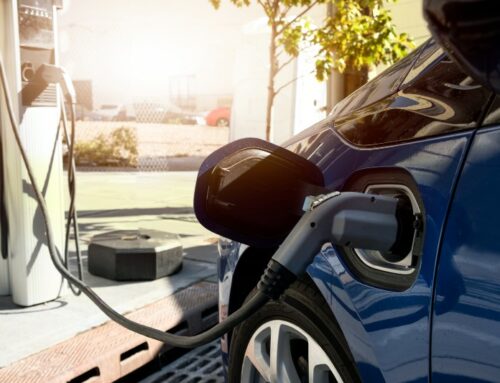JANUARY’S new car sales figures from the SMMT again make grim reading, the only consolation in the fact that we are not alone and things can only get better.
The UK new car market fell 39.5% in January with 59,030 fewer registrations compared to the same month last year. Just 90,249 cars were registered as showrooms across the country remained shut, leading to the worst start to the year since 1970.
Demand remained depressed for both private buyers (-38.5%) and large fleets (-39.7%). Declines were also recorded in both petrol and diesel cars registrations, which fell by 62.1% and50.6% respectively.
On a positive, however, battery electric vehicle (BEV) uptake grew by 2,206 units (54.4%) to take 6.9% of the market, as the number of available models almost doubled from 22 in January 2019 to 40 this year. Combined, BEVs and plug-in hybrid vehicles (PHEVs) accounted for 13.7% of registrations.
With lockdown restrictions in place until March – the most important month of the year for the sector, accounting for one in five new car registrations on average – the industry will face a challenging year as showroom closures depress consumer demand, which has a knock-on effect on manufacturing output.
Opening dealerships as soon as it is safe to do so would help re-energise consumer confidence, supporting jobs and a green recovery.
The effect of the current lockdown can be seen in SMMT’s latest market outlook. Having expected more than two million new cars to be registered in 2021, this forecast has now been downgraded to below 1.9 million given the more severe negative impact on first quarter performance and March in particular.
The forecast does represent an increase of 15.7% compared to 2020’s ‘lost year’ but it would still be a very subdued market in historical terms, given the 10-year average new car market to 2019 was 2.3 million. However, BEVs and PHEVs are estimated to grow their combined market share from just over one in 10 new cars, to more than one in seven.

Source: SMMT
David Borland, Ernst and Young UK and Ireland Automotive Leader said it is also worth keeping in perspective that January 2020 performance was not impacted by the pandemic, but sales were still down by 7% on 2019. So, based on a biennial comparison, today’s figures are 44% down on 2019.
He added: “But this is not just a UK issue – a truly global industry faces, in the main, similar challenges. We have seen similar declines in the EU, with Spain being one of the most challenging markets with a 51% reduction from 2020.
“This was driven by some one-off effects, with consumers bringing forward orders to December to take advantage of a scrappage scheme and the after effect of storm Filomena further denting consumer confidence. Germany also recorded a decline of -31%.
Post Brexit bumps in the road
“The challenging start to the year was certainly on the cards for the sector and will not come as a great surprise to industry executives, particularly given the ongoing impact of the pandemic and the conclusion of the Trade and Cooperation Agreement only being finalised just before Christmas.
“In the short-term the agreement has provided some much-needed certainty, despite the inevitable shorter-term impacts of border friction, customs delays and supply chain disruptions. But there are longer term issues to contend with on Rules of Origin and how much localised content is needed to prevent tariffs – only time will tell how much disruption these will cause.”
Reasons for optimism
Borland said the continued rise and popularity of electric vehicles is the silver lining for the industry, with positive sales helping the UK achieve its net zero targets.
“Battery Electric Vehicles ended last year +185% year-on-year sales, with Plug Hybrid Electric Vehicles registering +91%. If one considers that this performance occurred during a year that was -29% down on overall sales, then this is one aspect of the sector to feel genuinely optimistic about.
“It’s clear we are seeing significant shifts in the direction of travel for consumers towards electric vehicles and January saw this trend continue with BEVs increasing 54% and PHEVs 28%”
Sue Robinson, Director of the National Franchised Dealer Association said that the numbers were disappointing but expected. “However, there is a proportion of consumers waiting for dealerships to reopen and holding off their vehicle purchases due to the current restrictions.
“Positively, sales of electrified vehicles have begun the year with a strong performance and with more models coming to the market, the improvement to the charging infrastructure and retailers investing heavily to inform their customers, sales of EVs will continue to grow.
“Despite the lockdown, the automotive retail sector is looking at 2021 with confidence as sales will likely be fuelled by pent-up demand, rising registrations of low and zero emission vehicles and the increasing importance of car ownership, which is seen by more and more people as the safest mean of personal transport in the present climate.”







Leave A Comment